
Dragon Age: The Veilguard (XS) - Review
by Lee Mehr , posted on 03 December 2024 / 2,787 ViewsReviewer's Note: Certain story praises and critiques require that I dive into SPOILERS for both The Veilguard and Inquisition. Read on at your own risk.
Like a mythical creature lying dormant within its keep, Bioware's own high-fantasy franchise has enjoyed a hiatus for roughly ten years. A decade is a long time and that's no more clearly felt than with this once-venerated RPG developer. Dragon Age: Inquisition was met with tremendous critical praise – like winning The Game Awards' first-ever Game of the Year – and impressive commercial sales, but said prestige didn’t seem to prevent what appeared like publisher meddling in later titles. From rushing products to market (Mass Effect: Andromeda) to unsuccessfully chasing the live-service trend (Anthem), the only thing "unblighted" in the intervening years were Inquisition’s own expansions. So, The Veilguard isn't merely another epic fantasy sequel; it's also a grander tale of a titan trying to return to form... its former glory in spite of such a tumultuous development cycle. Is Bioware's latest ballad a triumphal revival or a funeral procession for this franchise?
For the uninitiated or quasi-newcomers like myself (limited time with all previous mainline titles), Veilguard's opening will get anyone up to speed. A previous party member of the Inquisition, Solas, was more than a mere elven mage; he was revealed to be a god and ultimately betrayed his former crew. After a convenient decade since the events of Inquisition, he's on the cusp of successfully tearing down The Veil, a magical barrier separating the material and spiritual worlds. While your team is successful in disrupting this world-ending ritual, this also results in freeing two ancient gods hell-bent on calamity. 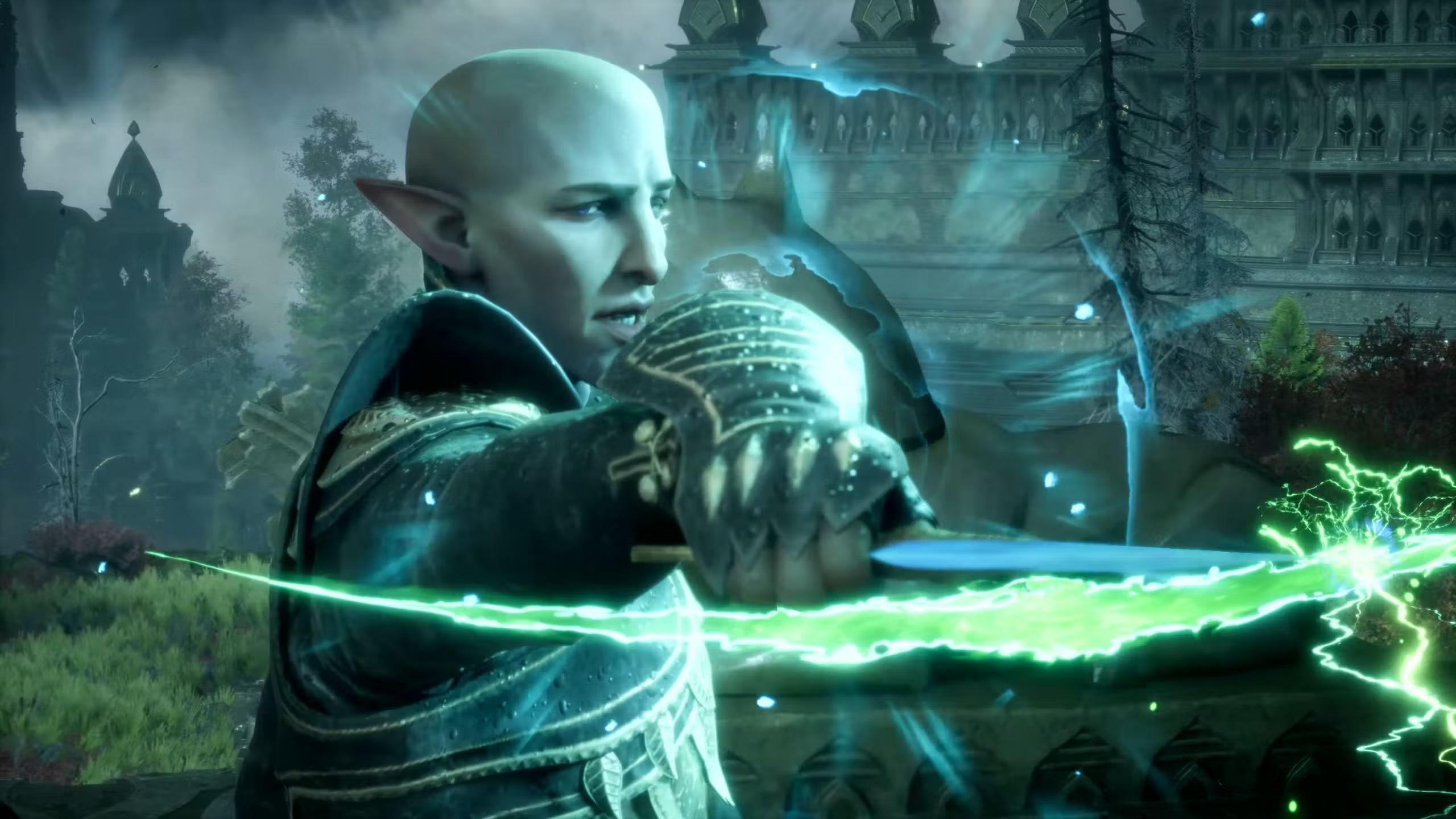
All told, it's a relatively clean setup, so your created character, Rook, can take on these new Big Bads before all of Thedas is in ruin. There's a clear impetus to assume the leadership mantle from the newly-injured Varric, another previous Inquisition member, and assemble a variegated cast of spell-casters and fighters. And despite stopping his ritual, Solas isn't gone per se; instead, he's now enisled to the spiritual realm and tenuously connected to Rook's mind. His early conversations are among Veilguard's best because of that uneasy tension: being face-to-face with the proclaimed "god of trickery" nearly responsible for the world's destruction inside your mind palace. You can't help but carry suspicion of his original motives and also his intense hatred for this godly duo. Even if egregiously underutilized on the whole, it's a sound concept that also doubles as useful lore-dumping about your primary targets.
Conversely, such intrigue is totally absent when interacting with anyone else. For all of the resources, time, and craftsmanship poured into the deep character creator to make "your Rook," Veilguard's dialogue system offers about as many distinct branching pathways as an Appalachian family tree. One could sling arrows at older Bioware's moral binaries and how that'd inform the overall story, but at least those options present actual role-playing compared to boilerplate responses like affirming, stern and affirming, or sarcastic and affirming. Despite several characters with unique pasts and disparate philosophies ripe for interrogation, virtually nothing comes from it because you're more interested in re-stating – for the hundredth time – how Elgar'nan and Ghilan'nain are set on ruining the world. Even the harsher choices expressly presented in the dialogue wheel ("you're a damn fool!") are artificially softened by Rook's own performance. Why? Because genuinely disparate responses would conflict with most conversations having only one pre-determined outcome.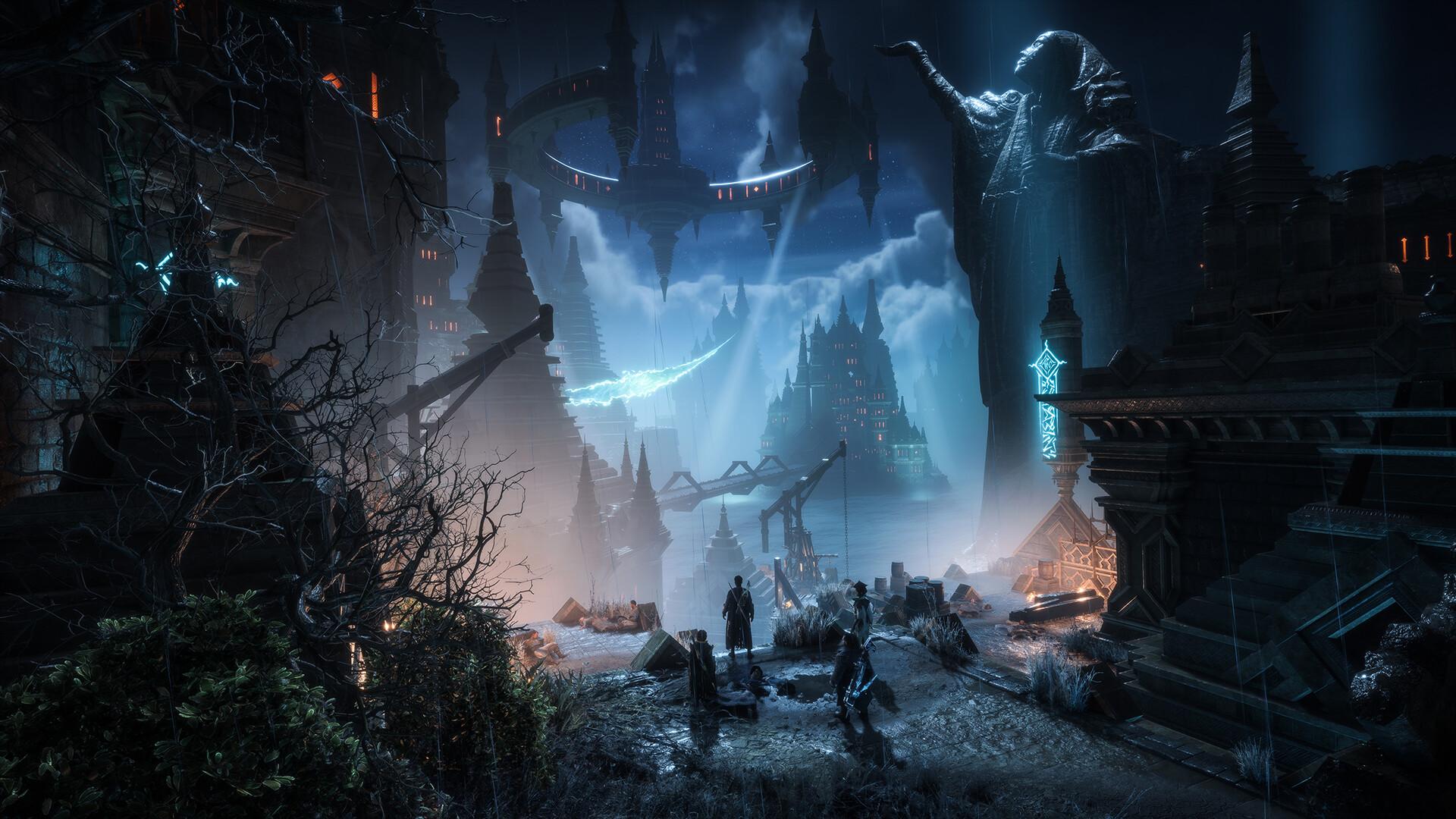
Sanding down those edges also leads to this being among Bioware's worst companion rosters to date. There was a kernel of potential in forming this found family; it's even aping Mass Effect 2 & 3's emphasis on completing companion and faction quests to more positively influence the grand finale. But it's not like Renegade Shepard wasn't an option. You were able to be a vindictive jackass who could say bad words while still winning crew loyalty because… they were adults. Compare that to someone like the beatific Bellara: a genuinely tragic backstory that's swamped by her saccharine tone and hacky dialogue in every conversation. A lighter touch can be a welcome – even necessary – break at times, but layering everything with insufferable "so that just happened!" quips is tantamount to waterboarding.
That tonal incongruity burrows its way into Veilguard's presentation as well. The old quasi-realistic approach to visual design has shifted towards a subtle blend of Dreamworks/Disney 3D animated films for characters within highly-detailed backdrops. And though what Bioware's environmental artists accomplish here is top-shelf work, it's distracted by the waxy look of character faces. Forgoing the series' previous grimdark aesthetic inclines a softer touch to enemy design, which in turn makes series staples like Darkspawn look more like Halloween-themed Hasbro toys than a diabolical horde trying to tear out your organs. Hell, so much bloody viciousness is minimized here – despite the M rating. Even Hans Zimmer & Lorne Balfe's OST often sounds lifeless or confused, especially its synth inclusions. It's as though Bioware plopped the two in a room and gave them one-word themes to work with. There's a fundamental mismatch here that can’t be reconciled. 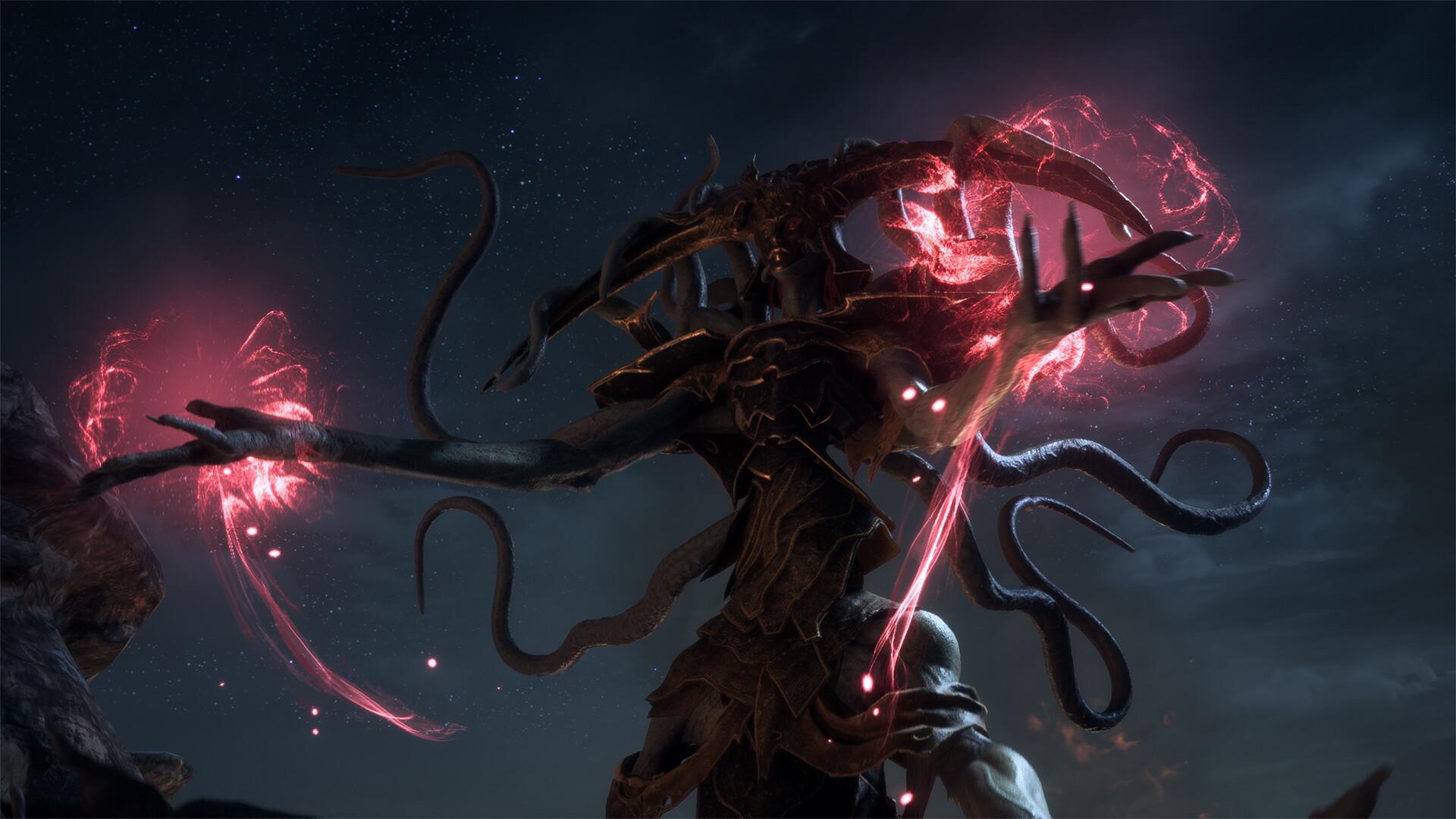
Imagine erecting a fantasy foundation with inspirations from George R.R. Martin, Joe Abercrombie, and so on, and then blending in romance/fantasy slop like That Time I Got Drunk and Yeeted a Love Potion at a Werewolf. Granted, that comparison may be hyperbolic, but it speaks to the dissonance of the epic fantasy stakes latched onto such banal dialogue and cardboard companions. There's this rich world to explore, intriguing factional dynamics to understand, and more, yet Trick Weekes, Brianne Battye, John Dombrow, & Courtney Woods' grand scheme is a poorly-written Dungeons & Dragons (DnD) campaign with a Dungeon Master pretending random curve-balls count as drama.
Apropos of the series, its inherent artificiality is like a Blight infestation: this sappier & ham-fisted approach spreads like wildfire across everything else. It's not enough to gather a party of powerful misfits to save the world, you also have to be a part-time parent and cheerleader in order to keep everyone focused. It's not enough for said companions to be the toughest and most capable, they also must be committee-approved according to modern-day standards. It's not enough to have teammates with a measure of subtlety in their dialogue, they have to be walking exposition dumps of their every thought and feeling. Nearly every page of this voluminous script reads like a derivative fantasy that's compulsively walking on eggshells.
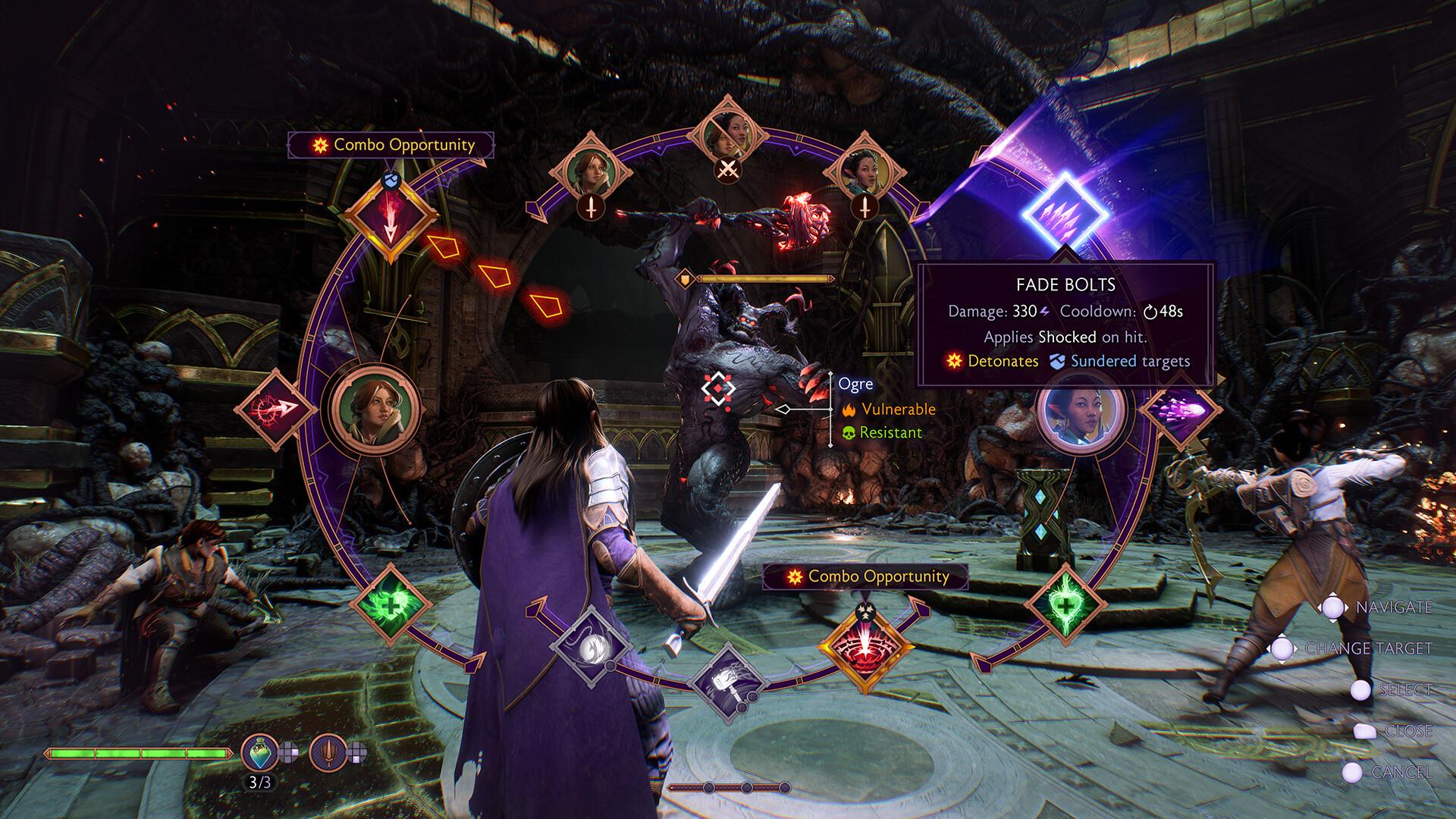
The aforementioned DnD comparison doesn't apply to Veilguard's gameplay, however; instead, Bioware refashions Kingdoms of Amalur, but with a dedicated party by your side. Both also share similar development backstories in having live-service/MMO aims at one point. It's an action-oriented affair with the warrior, mage, rogue triptych, each of which comes with three unique specializations within their expansive charts. The on-paper dynamics of leveling, class builds, and so on liberally "borrow" from a wide array of other blockbuster action-RPGs, but lack any meaningful zest or nuance. The Discount God of War template for warriors feels kinetically pleasing, and the reptilian part of my brain registering crunchy sound effects and big floating numbers gets its fill, but it's a league below Sony Santa Monica's shaky foundation thanks to a temperamental camera and – again – less gory viciousness. Sure, its baseline gets a passing grade – especially with its consistent framerate – but only by a fraction.
What about when looking past the basics? Well, forget "strategically" unifying you and your crew after seeing your two teammates without health bars. Given their immortal status, one can't help but wonder why they're not leading the charge; of course, this is counter-balanced by their mediocre damage output. That doesn't mean they're unhelpful. Some can be useful supplementary healers so as to save on health potions and certain ability combos carry nice damage multipliers. It's like Mass Effect's radial wheel only with more baby-sitting and less experimentation. Each character can only have three ability hotkeys in the paused tactical menu, using any companion ability puts all of them on cooldown, companions occasionally disengage with a marked target, and the best course is spamming the deadliest ability combo against insanely spongy enemies. From boss fight spectacles to enemy mosh pits, the real "challenge" you're in for with Underdog difficulty (or higher) is staying awake through the interminable slog.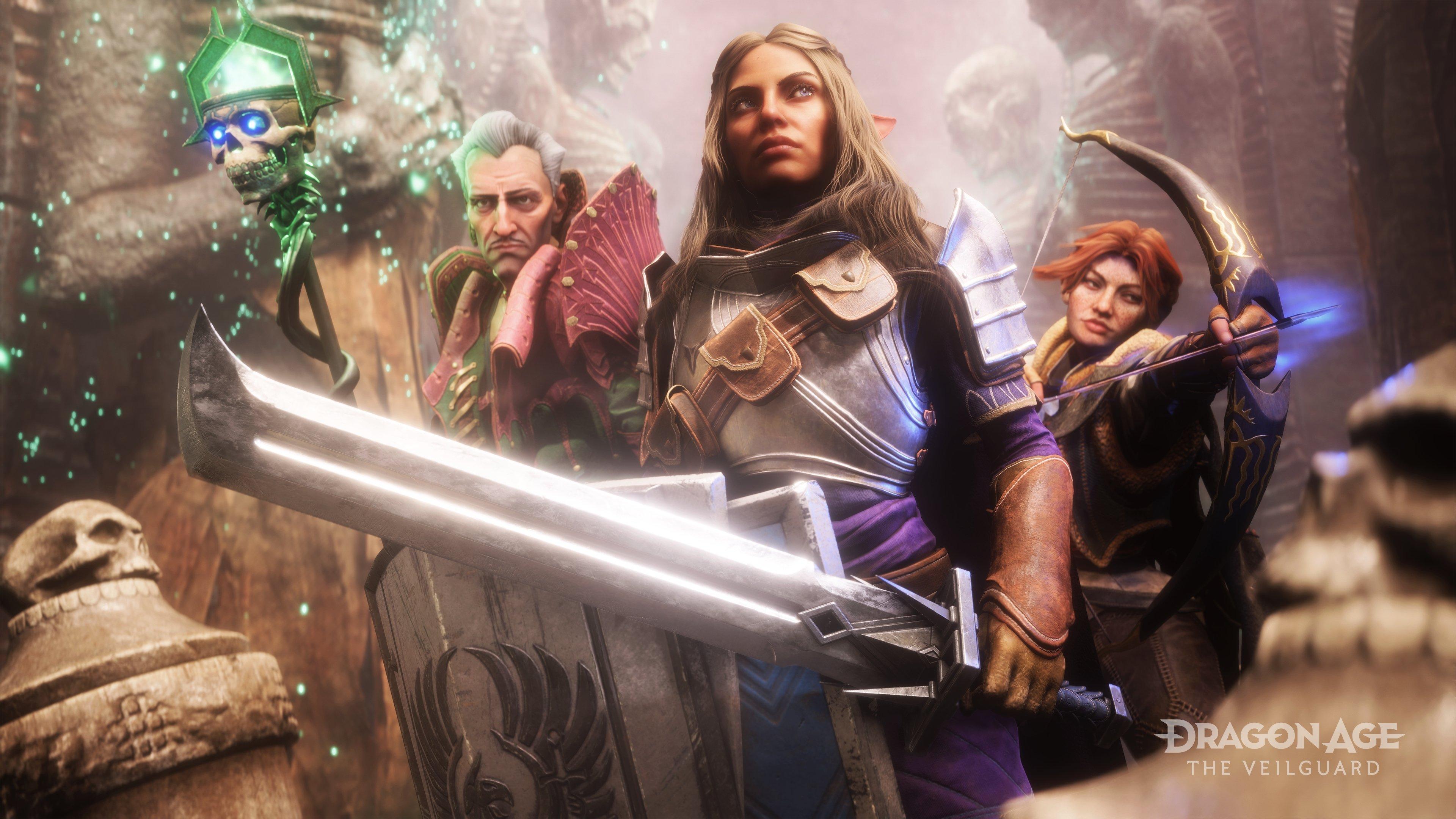
Practically every enemy faction – be it undead or human – has Xeroxed enemy types, attack patterns, and puzzles. The only difference between Darkspawn and Venatori locks are glowing red pimples or glowing red crystals, respectively. It's not only about aesthetics. God of War Ragnarök received some lashes – rightfully so – for basic puzzles that were hastily spelled out for you; now imagine feeling that level of condescension for even easier challenges. Some are as rudimentary as carrying a nearby power gem back to the proper port, others have roughly the same "complexity" as a shape-matching toy for toddlers. And though the combat isn't necessarily a cake walk, its tempo and repetitiveness also reek of amateurish design. An easy slam dunk for a weapon expert like my Dwarf Warrior would've been to enable alternating ability hotkeys when flipping between my one-handed/shield combo and two-handed weapon, but Veliguard is allergic to creative variety.
Said repetition is kinder to combat than the stilted level design. Having a magical mirror connected to every region sounds neat until you realize how disconnected they feel. It's a collection of both one-off locales, such as an impressive underwater prison, and secondary hubs that you're constantly returning to; and yet, both types feel the same. Sure, the cityscapes and dense forest you revisit will have more shortcuts and fast-travel beacons, but your mind's eye can perceive they were all initially designed for a live-service co-op dungeon crawler. Instead of the layered interconnectedness of Bloodborne's Central Yharnam, imagine the top-down view of wet spaghetti noodles connected by some ladders and balance beams. The skyboxes and backgrounds look nice, but the various pathways have no cohesion nor tangible environmental storytelling.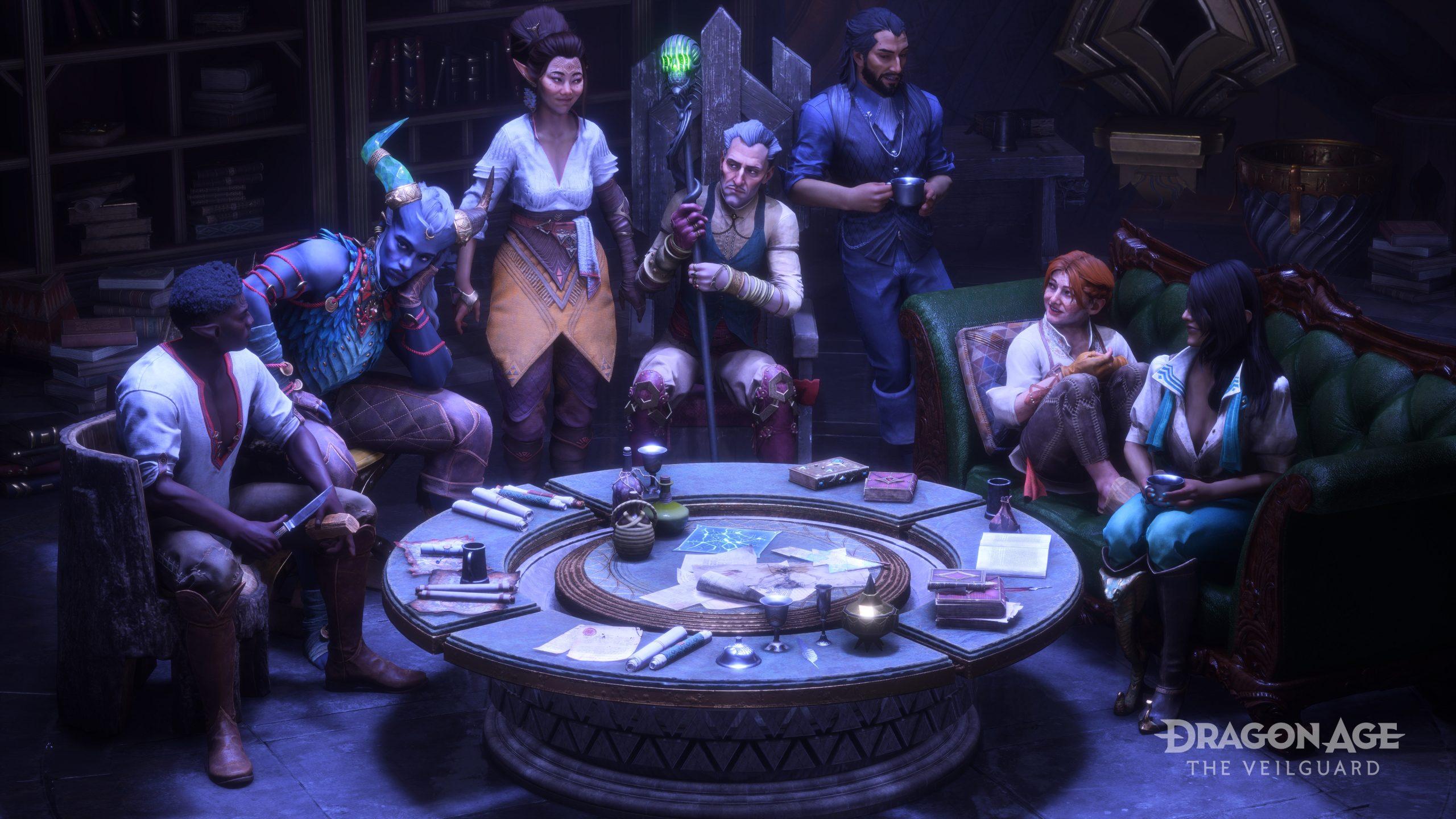
One can find other nitpicks around every corner:
- Nonsensical faction rating rewards that make selling trash items to their vendors more productive than completing side quests.
- Almost all of the initial companion quests just being sauntering walky-talky segments.
- A centralized enchantment system that does encourage exploration, but its arbitrary limitations seem so pointless. Purchasing and/or crafting your own enchantment gems to fit into any weapon or armor slots is a great staple already.
- Jump and interact are mapped onto the same button.
In the end, though, perhaps its most grievous error is stuffing in so much content without justifying itself. The average campaign may run between 30-40 hours (northwards of 60-70 for a completionist run), but the insane onslaught of recycled enemies and various time-wasting elements are begging that tally to be sliced in half. It's a shame to denigrate that aspect when its bugs are quite limited for a game of this scope; plus, it's nice to see EA constraining itself to just basic Standard or Deluxe Edition ($70/$80) options. It's the "least-invasive" I've seen this publisher in ages, which only emphasizes how Bioware deserves the lion's share of the blame.
Dragon Age: The Veilguard may be one of the toughest games to formally review. Yes, it deserves fair consideration for a big-budget action-RPG, published by EA no less, that's functional by definition. While not polished to a mirror sheen, there's something to be said of such a massive experience being technically sound at release. The question is: how much can that count against a game that feels so – dare I say – spiritually empty? Whether it's the aesthetics, music, narrative, or gameplay, each fundamental aspect feels inauthentic to various degrees. You're being sold a high-fantasy RPG adventure in which the combat is lobotomized, most of your decisions are of no consequence, the tone has no consistency, and the world feels shallow. Accounting for those faults, perhaps Bioware's greatest offense is also its most ironic: making a Dragon Age game that feels pathetically toothless.
Contractor by trade and writer by hobby, Lee's obnoxious criticisms have found a way to be featured across several gaming sites: N4G, VGChartz, Gaming Nexus, DarkStation, and TechRaptor! He started gaming in the mid-90s and has had the privilege in playing many games across a plethora of platforms. Reader warning: each click given to his articles only helps to inflate his Texas-sized ego. Proceed with caution.
VGChartz Verdict
4
Poor
This review is based on a retail copy of Dragon Age: The Veilguard for the XS
More Articles
Great review, such a disappointing release especially as a dragon age fan :(
It feels like EA used dark magic to invade my thoughts in order to create a fantasy game that is completely opposite to what I want in a Dragon Age release. It's kind of amazing how they nailed that so perfectly. Nearly every detail described in the article turns me away.
Oh man, one recurring thought I had was wondering how major Dragon Age fans would feel about it too. Like I said: I didn't put much time in any of the previous 3. So, from my perspective, I wonder if that was beneficial for the first 8-10 hours because I wasn't compelled to nitpick much. "Sure, it perfectly encapsulates a mid fantasy ARPG, but combat does its thing and all the pretty new vistas keep it fresh." But then the tempo starts to slow down and the issues become more prominent.
Some games start well enough but their issues mount with time, primarily when they only extend the experience rather than expand the experience.
Many of the recommended reviews on Stream repeat the sentiment that it's not a completely awful game unless you're a big fan of the series, in which case you will probably be disgusted. Personally, more than it not representing previous titles, I just don't like many of the choices, period. From the combat to the art style to the overall tone, none of it is appealing to me. The TikToc dialogue is especially immersion-breaking.
Combat seems like it could have been decent but I've seen and read a lot of impressions that say it gets tiresome quickly because it doesn't evolve very much. I've come across multiple people who switch it to 'easy' simply because they get sick of the grind.
Yeah. I get the feeling you'll fall along those lines. Maybe - just maybe - a battle mage does a better job of maintaining some creativity in combat, but I simply couldn't put myself through that to see.
-"I've come across multiple people who switch it to 'easy' simply because they get sick of the grind."
One of the biggest mistakes with my stubborn ass was keeping it at Underdog (2nd-highest). I couldn't let the game think it had 'beaten' me - if that makes any sense. lol
I was waiting for the review. As someone who frequents the sub reddit again after 6 months spoiler free, sometimes it's like I'm in an odd bubble of praise and people making excuses for what is essentially lackluster performance from what is meant to be one of the best RPG series of all time.
Much of what you said is a reflection of my thoughts, didn't like the cartoony art style, characters just didn't work and the idea of a ME2 like thing felt wrong. In DA:I you had a minimum part of Varric Cass and Solas, and could end depending on choices with Varric Cass and Solas. Combat was just an action game, with 2 immortal sidekicks who for all intents could have just been extra abilities to "do damage" or "extra heal" for the most part. Complete lack of any party structure like needing a tank or mage to absorb damage or shield/heal like in previous entries.
... I could moan for days. My biggest gripes are to be fair, unreview worthy and extremely bias and those are narrative/lore changes and stuff.
But I say all this and happily give the game a solid 7.5/10 as a general game to play, worth your time if you feel like it, just as a DA game? 4/10 seems accurate.
-"My biggest gripes are to be fair, unreview worthy and extremely bias and those are narrative/lore changes and stuff."
While I really appreciate the comment, I don't agree with this particular sentiment. I'd absolutely love to read/watch a review that dedicated some time to lore changes you'd fundamentally disagree with. Since I'm (currently) not that seeped into this universe, like I was with Mass Effect back then, I'd find that a great addition to understand what other fundamental missteps may have been made.
Although I ultimately didn't, I was tempted to include more story critiques around this simple phrase: "oh, x or y has never done that before!" That's usually a tell-all sign that writers are taking some liberties with previous source material in order to make their plot work. Perhaps the most artificial example was how The Blight acted differently here, and yet The First Warden was in total disbelief of your warnings. That whole arc was so trite and moronic.
I just don't feel the narrative changes which change nothing about the game itself is fair when the story in the game itself is what should be judge or how those narrative bits are changed.
Basically mid way through you start getting the memories of Solas, right? Memories in themselves are bias, yet these memories are (a) treated as fact and (b) are literally world changing defining if you accept them and reduced to "Oh this happened, accept it." But these lore "truths", regardless of what they are, mean little when the way they were told or how they affected characters can be criticised (both poorly btw). I am extremely bias and critical of this because it wasn't really a retcon because as many people keep telling me "It was planned from the start." But I think they undermine and change the world and therefore previous games as a detriment.
The 'retcons' however, like Blight being what it was as you mentioned (the word 'taint apparently having been completely forgotten, a Blight is when tainted beings attack the surface, not the word for the taint itself. :P), or say the Qun/Tevinter war being absent, slavery being absent from slavery captial of Thedas or Crows being a bunch of friendly peace keepers, not murdering scum, I will happily criticise all day long. Because I consider those retcons to fit the new plot/Disney-fied world, not just lore changes I disagree with.
This said, I can completely understand your stance. Games should be critised from all stand points, which is why as a stand alone game I would say it's a solid 7.5/10 but as a DA game it's extremely poor when even the most criticised parts of the previous titles mean they are 9.5-9/10s instead of 10s. :P
Maybe I was too lenient on the game.
Check out the lead writer, there is a solid reason why the game sucks.
But that's the weird thing: Weekes was a writer for Mass Effect 2, Mass Effect 3, and Dragon Age: Inquisition. While I didn't get far into DA:I, the general sentiment I've gathered is it's a good narrative. Maybe not a masterpiece per se, but it often hit the mark and has some of the series' best companions.
I'd view it more like a "what the hell happened?" scenario. Did they commit to a major tonal change after the original DA4 was canned? Did EA nudge the writing team towards a cheerier attitude - like a hero shooter - when development restarted as a co-op live-service RPG? Even still, this should be considered a black stain on each writer's history.








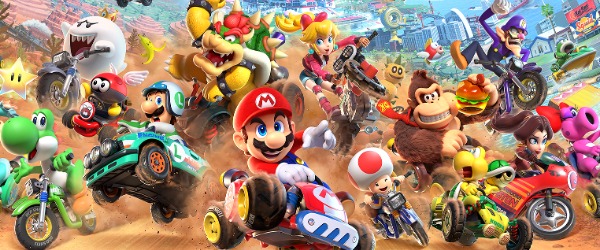
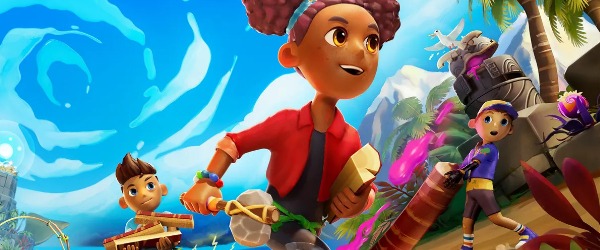
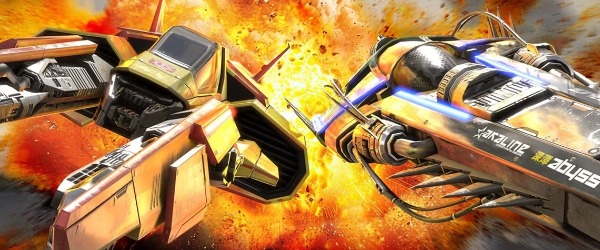
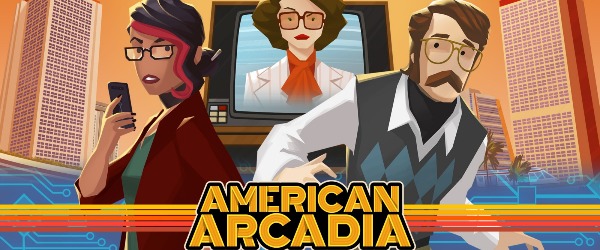












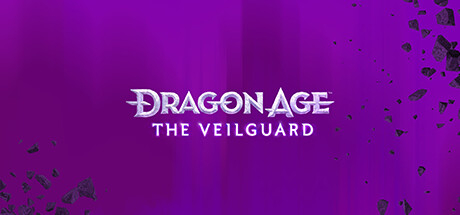



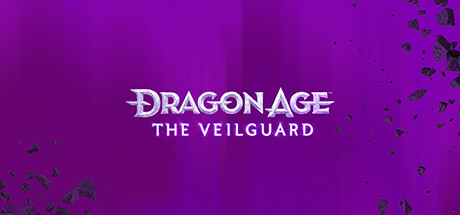

 Essay Pro
Essay Pro